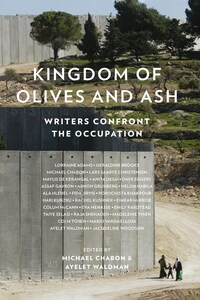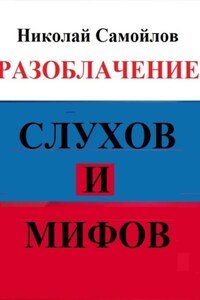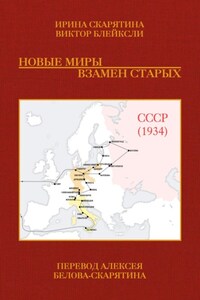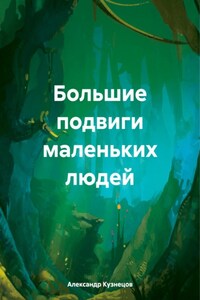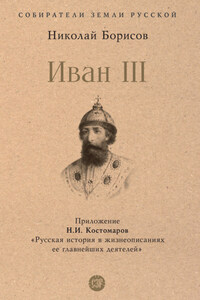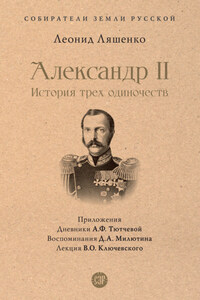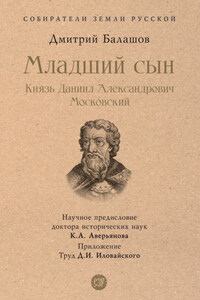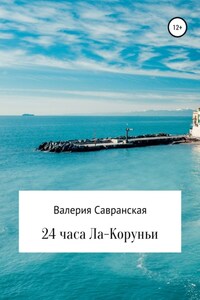4th Estate
An imprint of HarperCollinsPublishers
1 London Bridge Street
London SE1 9GF
www.4thEstate.co.uk
This eBook first published in Great Britain by 4th Estate in 2017
Compilation and introduction copyright © 2017 by Michael Chabon and Ayelet Waldman
Cover photograph by Uriel Sinai © Photonica world/Getty Images
The names and identifying characteristics of a number of individuals depicted in this book have been changed
Michael Chabon and Ayelet Waldman assert the moral right to be identified as the editors of this work
A catalogue record for this book is available from the British Library
All rights reserved under International and Pan-American Copyright Conventions. By payment of the required fees, you have been granted the non-exclusive, non-transferable right to access and read the text of this e-book on-screen. No part of this text may be reproduced, transmitted, down-loaded, decompiled, reverse engineered, or stored in or introduced into any information storage and retrieval system, in any form or by any means, whether electronic or mechanical, now known or hereinafter invented, without the express written permission of HarperCollins
Source ISBN: 9780008229191
Ebook Edition © May 2017 ISBN: 9780008229207
Version: 2017-05-08
WE DIDN’T WANT TO EDIT THIS BOOK. WE DIDN’T WANT TO write or even think, in any kind of sustained way, about Israel and Palestine, about the nature and meaning of occupation, about intifadas and settlements, about whose claims were more valid, whose suffering more bitter, whose crimes more egregious, whose outrage more justified. Our reluctance to engage with the issue was so acute that for nearly a quarter of a century we didn’t even visit the place where Ayelet was born.
We had gone to Israel in 1992, a few months after we met. Though raised primarily in the United States and Canada, Ayelet had been born in Jerusalem, the daughter of immigrants from Montreal, and had lived and studied in Israel on and off over the years; it was Michael’s first time. The Oslo accords were fresh and untested; it was a time of optimism, new initiatives, relative tranquility. We visited family and friends, made the requisite tourist pilgrimages to Yad Vashem, the Western Wall, Masada, the Dead Sea. We also spent time in the Muslim quarter in the Old City of Jerusalem, and visited celebrated mosques there, including the al-Aqsa, and in Akko. Some of what Michael saw during that time found its way, after undergoing a sea change, into the pages of The Yiddish Policemen’s Union. It was a memorable visit, the first, we imagined, of many we would be making together.
We didn’t go back for twenty-two years.
Over the course of that period, the tentative hope that followed Oslo vanished. Yitzhak Rabin was murdered. A second intifada, long and bloody, arose and was violently put down. The pace and extent of settlement construction in the territories increased, and the military occupation grew more entrenched, more brutal, more immiserating. Horrified and bewildered by the blur of violence and destruction, of reprisal and counter-reprisal and counter-counter-reprisal, put off by the dehumanizing rhetoric prevalent on both sides, we did what so many others in the ambivalent middle have done: we averted our gaze. We opted out of the debate, and stayed away from the country.
But in 2014, at the invitation of the Jerusalem International Writers’ Festival, Ayelet went back to Israel. While she was there, she met with some of the courageous members of Breaking the Silence (BTS), a nonprofit organization composed of former Israeli soldiers whose service in the occupied territories has inexorably led them to work vigorously and courageously to oppose the occupation and bring it to an end. BTS took Ayelet on a tour of the city of Hebron. They introduced her to Issa Amro, the founder of a grassroots group called Youth Against Settlements, whose nonviolent actions and campaigns are among the most prominent and creative in the West Bank. For the first time she had a clear, visceral understanding of just what occupation meant, of how it operated, and of the decades of Israeli strategic planning that had gone into creating the massive, often brutal, always dehumanizing military bureaucracy that oversees and controls it.
